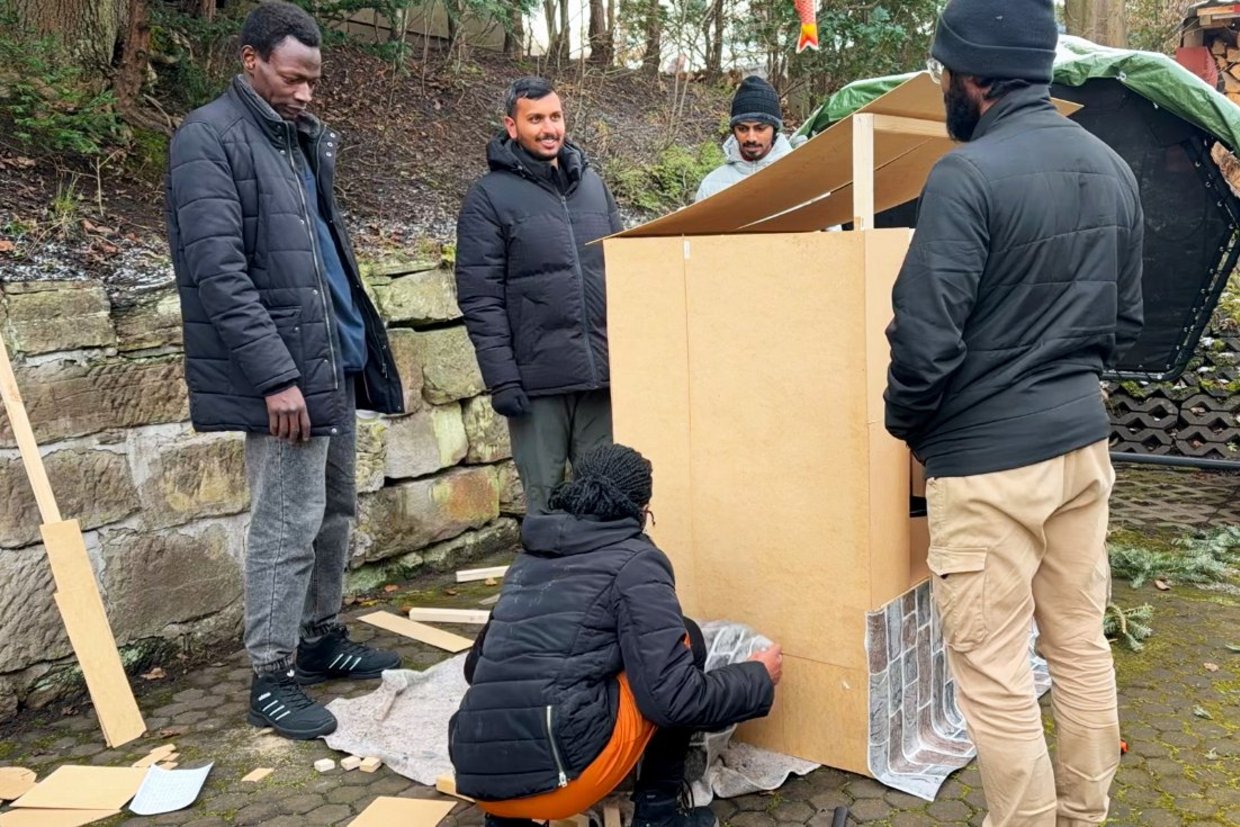The competition gives students the opportunity to get involved in real, current problems that Engineers Without Borders is addressing. In general, this involves topics such as globalization, climate change and social inequality. They can think their way into real problems of development cooperation, independently develop technical solutions and thus contribute to the challenges of the 21st century.
This year, the EWB Challenge is dedicated to the topic of WASH - water, sanitation and hygiene in rural Sierra Leone, which is marked by civil war and the Ebola epidemic. We go to the toilet five times a day. We take direct access to a clean toilet and the simple process of flushing for granted. But not for many people around the world. Fifty percent of people do not have access to adequate sanitation, and two billion people use water sources that are not protected from contamination by fecal matter and other pollutants.
The student team led by Idris Muhammad Muhammad has already finalized its solution concept and built a prototype of the toilet block. Important requirements included the integration of a washbasin to wash hands and improve hygiene. The students developed a system that initially stores faeces and urine so that it can then be processed into natural fertilizer for agriculture. The substructure of the toilet house is to be made entirely of clay to create a permanent foundation. The upper structure is to be constructed from local wood in order to reduce costs and use available resources. The roof is made of palm leaves.
The students are supported by mechanical engineering professor Frank Schrödel. “I am impressed by how much dedication our students put into such important problems in their free time - and I am deeply impressed that the team managed to build their favorite concept as a real prototype even in sub-zero temperatures and snowfall.”

